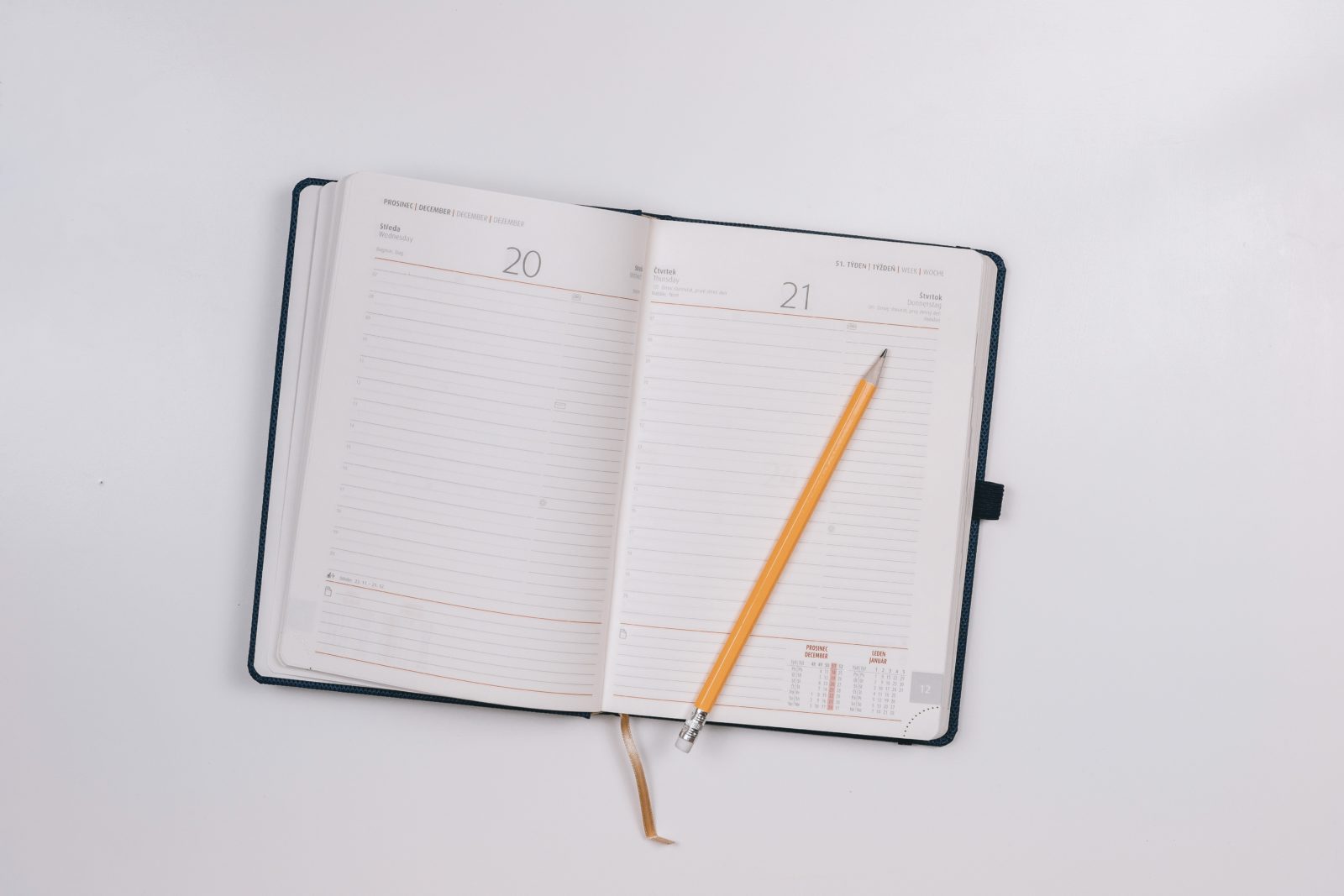Phew, Blue Monday has passed and things are hopefully turning a shade of rosy on the other side. The New Year’s resolutions are still intact, our bank balance survived the first three weeks of 2019 and we’ve got a great song stuck in our head. But what about the other 364 days of the year? Shouldn’t we be being vigilant about those guys too?
Indeed, 2018 saw the UK rank 5th worst in the world for unmanageable stress, behind only the United Arab Emirates, Saudi Arabia, Australia and Korea. Because of this, it’s been reported that 53% of millennials prioritise an employer with a workplace health and wellbeing programme.
It’s vital, then, to reclaim a positivity in the workplace, for both employers and their staff to reach their full potential. We’ve teamed up with Athona, healthcare and education specialists, to give you our 6 IDEAL ways to beat workplace stress.
SET BOUNDARIES
The shrinking of the world had led to a massive rise in expectations regarding when and where we should be working. Evenings, weekends, even when we’re on holiday; nothing is off limits now in terms of when you should be available and ‘on’. But you need to set boundaries, both for yourself, and your colleagues and bosses.
This could be a rule to not answer the phone during dinner or when out with friends, or not allowing yourself to check emails at the weekend. Everyone will have different opinions when it comes to blending office and home life but drawing a few red lines in the sand will prevent work-life conflict and the stresses that come with it.
It is also wise to remember that there are no boundaries around colleagues and managers. Joanne Waggerman, Talent & Development Manager at Athona says, ”it’s important to remember stress is not a sign of not being able to do a good job and therefore something to be hidden. If you’re feeling stressed speak with a line manager or colleague, it may be that you just need someone to help you to refocus, re-prioritise and feel in control again. Letting others know is not a sign of weakness, but a sign of strength.”
CLOSE OFF EACH WORKING DAY WITH A RITUAL
A neat little trick, innocuous-sounding even. But by signifying to yourself that your working day is finished with a small daily ritual, you’ll be saying to yourself and others that the day is done. This could be by tidying your workspace and putting everything away, or writing a list of what you are going to get done tomorrow. Creating a set habit that you complete at the end of every working day can help you to switch off from work and prevent you from feeling the need to carry on working once you’re home in the evening.
KEEP A STRESS JOURNAL TO IDENTIFY TRIGGERS
It sounds simple on paper, and as such, it should be on paper. Being able to identify which situations at work cause undue stress is the first step to reducing it. So, keep a workday journal of times when you felt particularly under pressure, what caused it, and whether you were able to resolve it. Note down your feelings, thoughts and any information about the situation, including who else was involved, the physical setting and the circumstances. Keep track of your own reaction as well; did you get angry and raise your voice? Retreat from the situation and go for a walk? Head to the canteen for a quick snack? By keeping a journal, you’ll be able to identify triggers and the best ways to avoid them.
WORK/LIFE BALANCING ACT
A study from Glassdoor revealed that the average UK employee knowingly loses 6.5 days of annual leave through fear of being out of the office. We work some of the longest hours in Europe here in the U.K which means we often don’t get much time to switch off, disconnect and recharge. But a decent work/life balance shouldn’t be a dirty word or pipe dream. It is eminently achievable. ‘You can’t take it with you when you go’, indeed.
WORK SMARTER, NOT HARDER
A contributing factor in having to work late or at home after work is a certain amount of inefficiency at task completion during the working day. It’s important then, to work smarter, not harder. Stay away from distractions like social media and online shopping during working hours; draw up a plan for the day on the tube to work; delegate when appropriate; all of these seemingly small actions will lead to less overspill of work into your free time. Result!
DON’T BE AFRAID TO SEEK SUPPORT
A fair amount of stigma still exists in seeking support when feeling stressed. Steps forward have been made in recent years, but there’s still a long way to go.
Dealing with stress alone is likely to exacerbate the problem. So accept – no, actively enlist – help from friends, family and colleagues in order to relieve the mental strain you’re under. If you are feeling really overwhelmed in the workplace, speak to your supervisor for support. As employee health has a big impact on productivity at work your boss has their own incentive to help create a work environment that promotes employee well-being. There may also be stress management resources available from an Employee Assistance Programme (EAP). This could include counselling, mental health support and various resources designed to help manage stress in the workplace.








